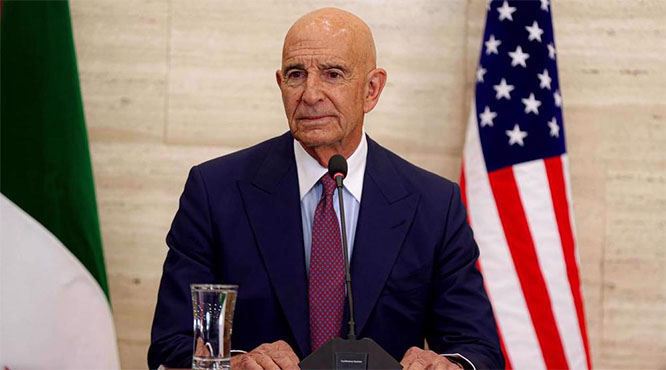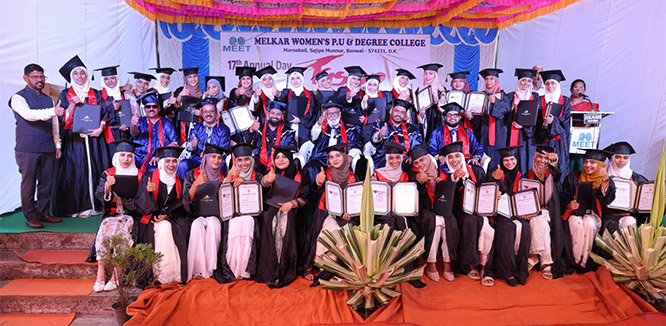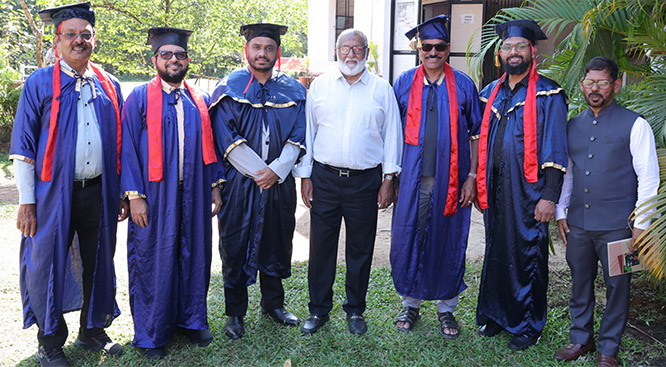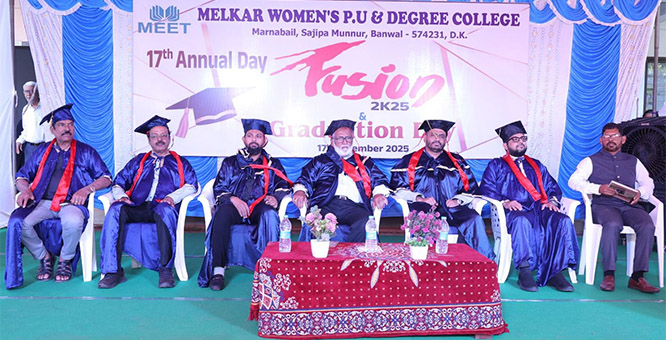Pathanamthitta, Nov 17: Pathanamthitta District Collector, PB Nooh said that the 10 women group which had reportedly tried to enter the Sabarimala temple had returned on their own after learning of the temple rituals.
"These women were with a group of pilgrims who were visiting a lot of temples in south India. After reaching here, they came to know that women are not allowed here due to temple rituals. So, they themselves decided to go back," Nooh told news agency here on Saturday.
Earlier on Saturday, at least 10 women, aged between 10 to 50 years, were reportedly sent back from Pamba base camp which is nearly 6 km downhill from the temple.
The Kerala government has made it clear that it would not provide security to any woman of menstruating age visiting the shrine, as per Devaswom Board Minister K Surendran.
Earlier, as Sabarimala temple opened for the annual Mandala Pooja on Saturday, a sea of devotees flocked the premises, however, a consensus remained among many, that women of menstruating age should not be allowed to enter the shrine.
Nooh had said that all basic necessities such as toilets, water kiosks, and medical emergency centres are in place for the pilgrims.
"All basic arrangements are in place. We have deployed over 800 medical staff and established 16 medical emergency centres. Around 2,400 toilets and more than 250 water kiosks are ready. We have more than 1,000 sanitation workers deployed to ensure a clean atmosphere," he told reporters here.
The opening of the shrine came days after a five-judge bench of the Supreme Court had referred a clutch of petitions seeking review of its order which paved the way for the entry of women into Sabarimala temple in Kerala to a larger seven-judge bench by a majority 3:2 ruling.
The Supreme Court had lifted a traditional ban on entry of women of menstrual age (10-50 years) on September 28 last year.









Comments
Add new comment